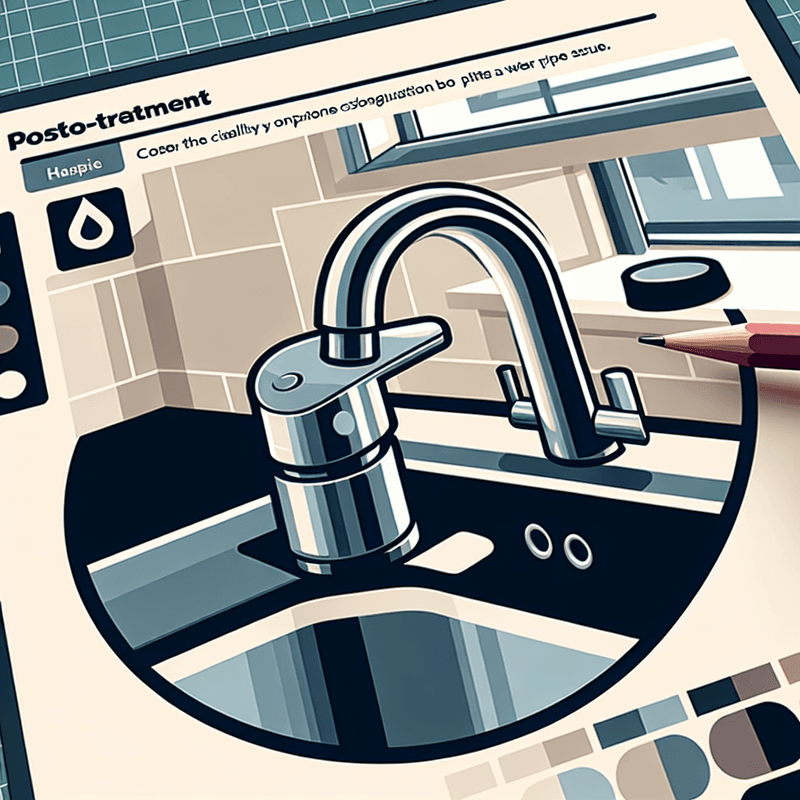When you’re already rushed in the morning, a slowly draining shower can add an unexpected annoyance to your routine. Besides the inconvenience, standing water can lead to slippery surfaces and potential health hazards from accumulating bacteria and mould. Before reaching for the phone to call a professional, it’s helpful to understand the common causes and explore simple remedies you might try yourself.
Understanding Why Showers Drain Slowly
The culprit behind most slow-draining showers is a blockage in the drain. These blockages often result from a build-up of hair, soap scum, and other debris that washes off our bodies. Over time, these materials can accumulate and form a clog that impedes water flow.
Identifying Signs of a Clogged Shower Drain
Before tackling the problem, confirm that a clog is your issue. Key indicators include water pooling at your feet that drains more slowly than usual and unpleasant odours emanating from the drain, suggesting trapped and decomposing debris.
Simple DIY Fixes
If you suspect a minor blockage, several DIY methods can help clear your shower drain effectively:
1. Boiling Water: Sometimes, a simple fix like pouring boiling water down the drain can dissolve soap scum and grease, clearing minor clogs.
2. Plunger: Using a plunger can help dislodge blockages. Ensure you have a good seal around the drain and plunge vigorously to create pressure and movement within the pipes.
3. Baking Soda and Vinegar: An eco-friendly approach involves pouring a cup of baking soda followed by a cup of vinegar down the drain. The chemical reaction can help to break down the clog. Finish by flushing with hot water after about 30 minutes.
4. Plumbing Snake: A more hands-on method involves using a plumbing snake to physically remove or break apart clogs deep within the drain.
When to Call a Professional
While DIY methods are suitable for minor blockages, some situations require professional intervention:
- Persistent Blockage: If your drain continues to empty slowly despite your efforts, the clog might be deeper or more solid than anticipated.
- Recurring Clogs: Frequent clogs could indicate a more severe issue, such as pipe damage or a need for professional drain cleaning.
- Water Backup: If water starts backing up elsewhere in your home when you use the shower, you could have a major blockage that impacts your home’s main drainage system.
Professional plumbers have the tools and expertise to diagnose and address these problems without risking further damage.
Preventive Measures to Keep Shower Drains Clear
Prevention is always preferable to facing a clogged drain. Here are some measures to help keep your shower drain clear:
- Regular Cleaning: Regularly clean the drain of hair and soap scum. Consider doing this weekly depending on usage.
- Drain Covers: Use a drain cover to catch hair and larger particles before they enter your plumbing system.
- Avoid Certain Products: Minimise the use of oils and similar substances in the shower that can accumulate in your plumbing.
- Hot Water Flushes: Regularly flush your drain with hot water to prevent oil build-up.
Conclusion
A slowly draining shower is a common issue often caused by a build-up of everyday materials like hair and soap scum. While there are several DIY fixes that can effectively address minor clogs, persistent or severe blockages should be handled by professionals to avoid potential damage or larger hygiene issues. By combining both immediate fixes and long-term preventive measures, you can maintain a fully functional and hygienic shower environment. Take action today by checking your shower for early signs of clogging and employ simple prevention tactics to avoid recurrence. This not only ensures a more pleasant shower experience but also prolongs the health of your home’s plumbing systems.





